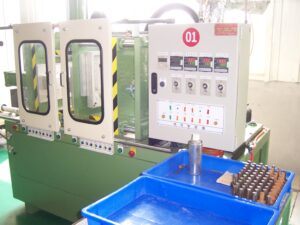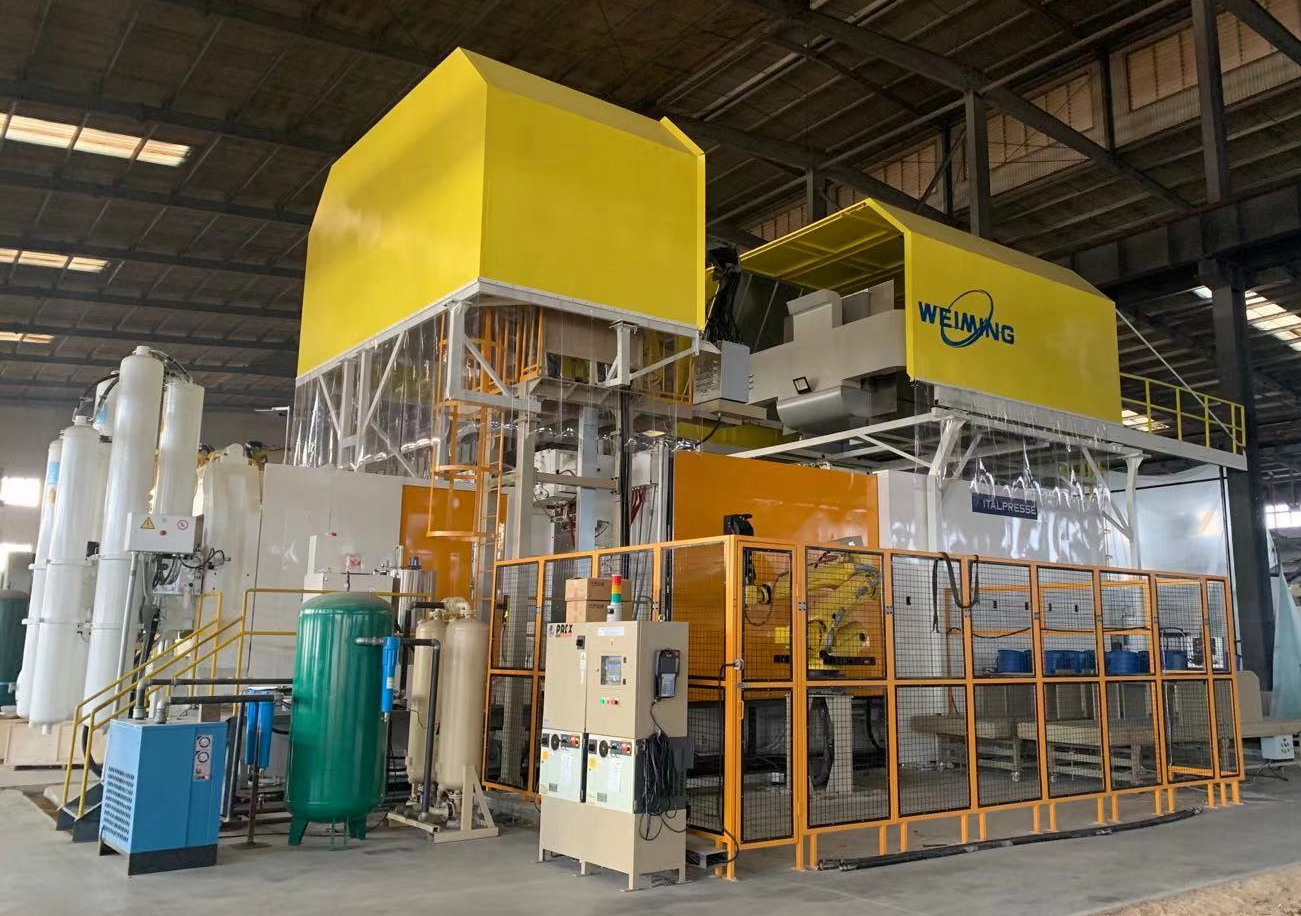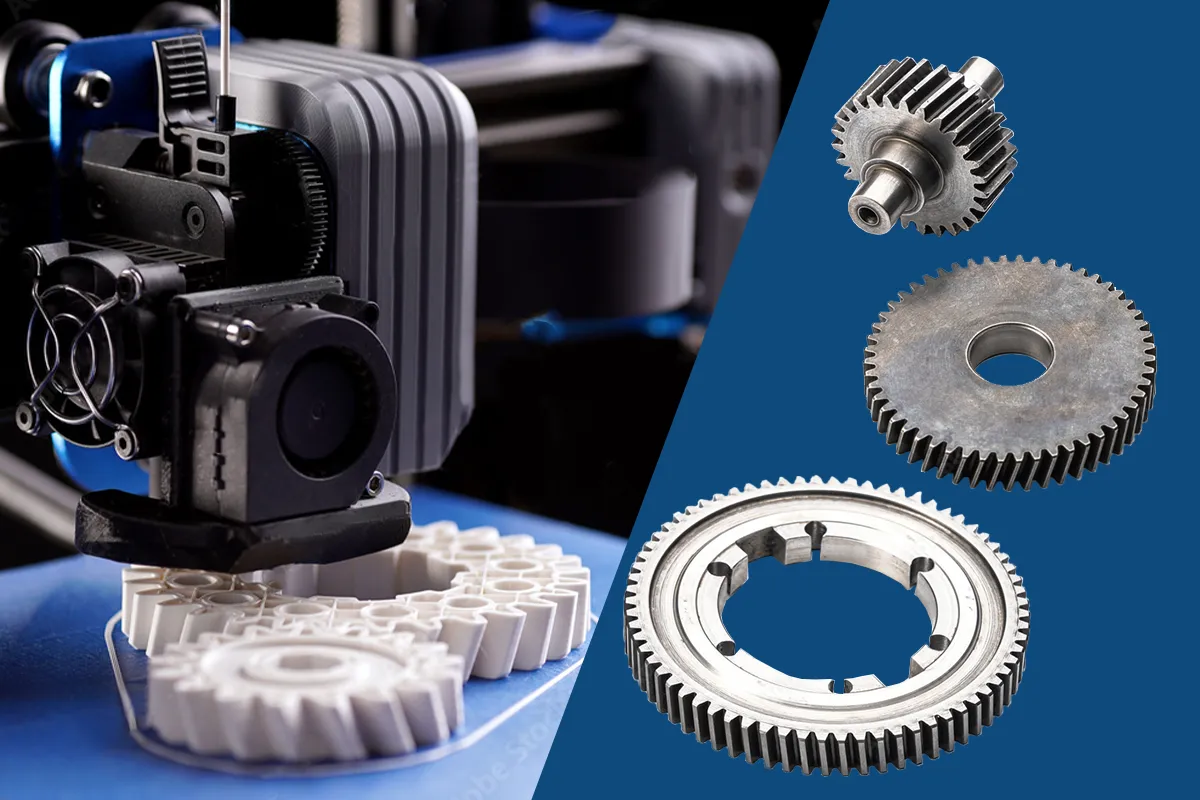
Here’s an overview of common machine tool types used in machining processes, categorized by their primary functions and technologies:
1. Conventional Machining Machines
Lathe
Used for turning operations: Rotates a workpiece while a cutting tool removes material to create cylindrical parts (e.g., shafts, bolts).
Subtypes: Engine lathe, turret lathe, bench lathe.
Milling Machine
Employs rotary cutters to remove material from a workpiece. Capable of producing flat surfaces, slots, gears, and complex 3D shapes.
Subtypes: Vertical milling machine, horizontal milling machine, universal milling machine.
Drilling Machine
Designed for creating holes in materials using drill bits.
Subtypes: Radial drill press, bench drill, pillar drill.
Grinding Machine
Uses abrasive wheels to achieve high-precision surface finishes or tight tolerances.
Subtypes: Surface grinder, cylindrical grinder, tool and cutter grinder.
Boring Machine
Enlarges or refines pre-existing holes with high accuracy (e.g., engine cylinders).
Shaper/Planer
Cuts flat surfaces using a linear reciprocating motion (shaper for small workpieces; planer for large ones).
2. Computer Numerical Control (CNC) Machines
CNC Lathe
Automated version of a lathe, programmed for precision turning, threading, and contouring.
CNC Milling Machine
Executes complex milling operations (e.g., 3D machining) via pre-programmed software (e.g., CAD/CAM).
CNC Machining Center
Combines milling, drilling, and tapping capabilities with automatic tool changers (ATC) for multi-operation workflows.
Subtypes: Vertical machining center (VMC), horizontal machining center (HMC).
CNC Router
Specialized for cutting softer materials (wood, plastics, composites) in woodworking or sign-making.
3. Specialized/Non-Traditional Machining
Electrical Discharge Machining (EDM)
Uses electrical sparks to erode conductive materials; ideal for hard metals or intricate shapes.
Subtypes: Wire EDM (cuts with a thin wire), Sinker EDM (for cavities/molds).
Laser Cutting Machine
Focuses a high-power laser beam to melt, burn, or vaporize materials (metal, plastic, glass).
Waterjet Cutter
Cuts using a high-pressure jet of water mixed with abrasives; works for metals, stone, and heat-sensitive materials.
Plasma Cutting Machine
Uses ionized gas (plasma) to cut electrically conductive metals (e.g., steel, aluminum).
Ultrasonic Machining (USM)
Employs ultrasonic vibrations to remove material with abrasive slurry; used for brittle materials like ceramics.
4. Additive Manufacturing (3D Printing)
Fused Deposition Modeling (FDM)
Builds parts layer-by-layer using thermoplastic filaments.
Selective Laser Sintering (SLS)
Uses a laser to sinter powdered materials (plastic, metal, ceramic) into 3D shapes.
Stereolithography (SLA)
Cures liquid resin with UV light to create high-resolution parts.
5. Gear and Thread Production
Hobbing Machine
Cuts gears, splines, or sprockets using a rotating hob tool.
Gear Shaper
Shapes gear teeth with a reciprocating cutter.
Thread Grinder
Produces precision threads (e.g., lead screws) via grinding wheels.
6. Sheet Metal Machines
Press Brake
Bends sheet metal into V-shapes or angles.
Punch Press
Creates holes or shapes in sheet metal using dies and punches.
Shearing Machine
Cuts sheet metal into straight lines.
7. Multi-Tasking Machines (MTM)
Swiss-Type Lathe
Combines turning, milling, and drilling in one setup for small, complex parts (common in watchmaking).
5-Axis CNC Machine
Simultaneously moves a tool or workpiece across five axes for highly complex geometries (e.g., aerospace components).
These machines form the backbone of modern manufacturing, enabling everything from prototyping to mass production across industries like automotive, aerospace, and electronics. Advances in automation, precision, and hybrid technologies (e.g., combining additive and subtractive methods) continue to expand their capabilities.





